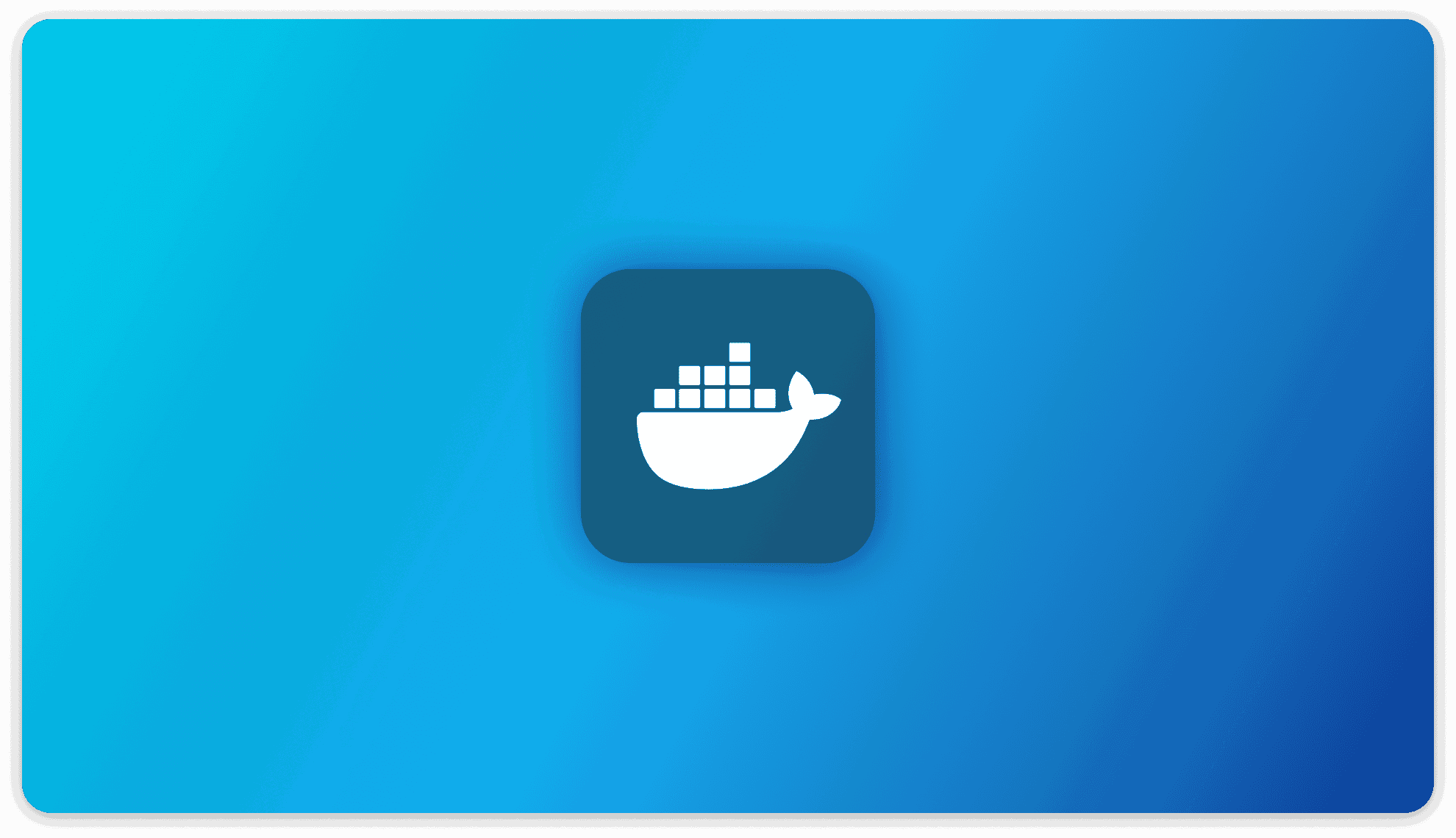
Get Started with AnythingLLM in Docker
Pull the latest image
docker pull mintplexlabs/anythingllm:latestRun the image
️⚠️
If you do not use the command below - all of your data will be lost when the container is restarted!
The -v ${STORAGE_LOCATION}:/app/server/storage is required to persist your data on your host machine in a persistent way.
Open the application
To access the full application, visit http://localhost:3001 in your browser.
Other information
About UID and GID in the ENV
- The UID and GID are set to 1000 by default. This is the default user in the Docker container and on most host operating systems.
- If there is a mismatch between your host user UID and GID and what is set in the
.envfile, you may experience permission issues.
Build locally from source not recommended for casual use
git clonethis repo andcd anything-llmto get to the root directory.touch server/storage/anythingllm.dbto create empty SQLite DB file.cd docker/cp .env.example .envyou must do this before buildingdocker-compose up -d --buildto build the image - this will take a few moments.
Your docker host will show the image as online once the build process is completed. This will build the app to http://localhost:3001.
Common questions and fixes
Cannot connect to service running on localhost!
Please see How to connect to localhost services.
Having issues with Ollama?
See Ollama Connection Troubleshooting and also read about How to connect to localhost services. This is 100% of the time the issue.
Still not working?
Ask for help on our Discord Community Server (opens in a new tab)